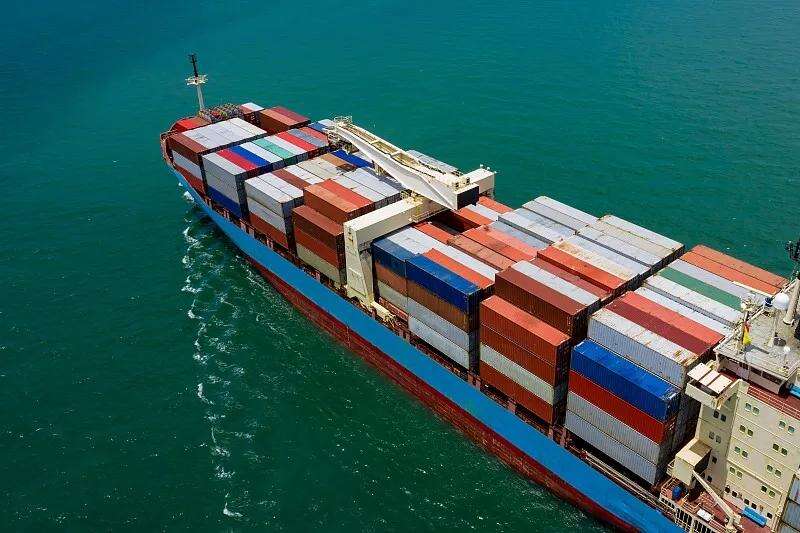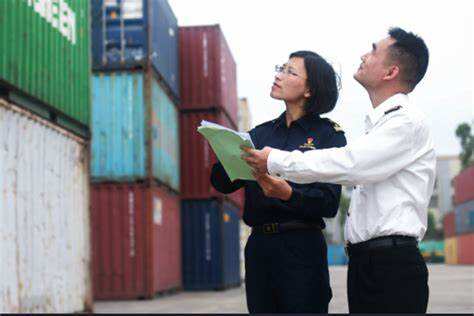intermodal logistics
Intermodal logistics represents a sophisticated approach to modern freight transportation that seamlessly integrates multiple modes of transport to move goods from origin to destination. This system typically combines trucks, trains, ships, and sometimes aircraft, using standardized containers that can be transferred between different transportation modes without handling the cargo itself. At its core, intermodal logistics leverages specialized equipment and infrastructure, including container terminals, cranes, and tracking systems, to ensure efficient cargo movement. The system relies heavily on advanced technological solutions, incorporating real-time tracking systems, automated handling equipment, and sophisticated logistics management software. These technologies enable precise coordination between different transportation modes, optimize routing decisions, and provide end-to-end visibility of shipments. Intermodal logistics has revolutionized global trade by offering cost-effective, reliable, and environmentally sustainable transportation solutions. The system particularly excels in long-distance freight movement, where it can combine the flexibility of road transport with the efficiency of rail and the global reach of maritime shipping. Modern intermodal facilities feature state-of-the-art security systems, environmental controls, and digital infrastructure to ensure cargo safety and integrity throughout the journey.


